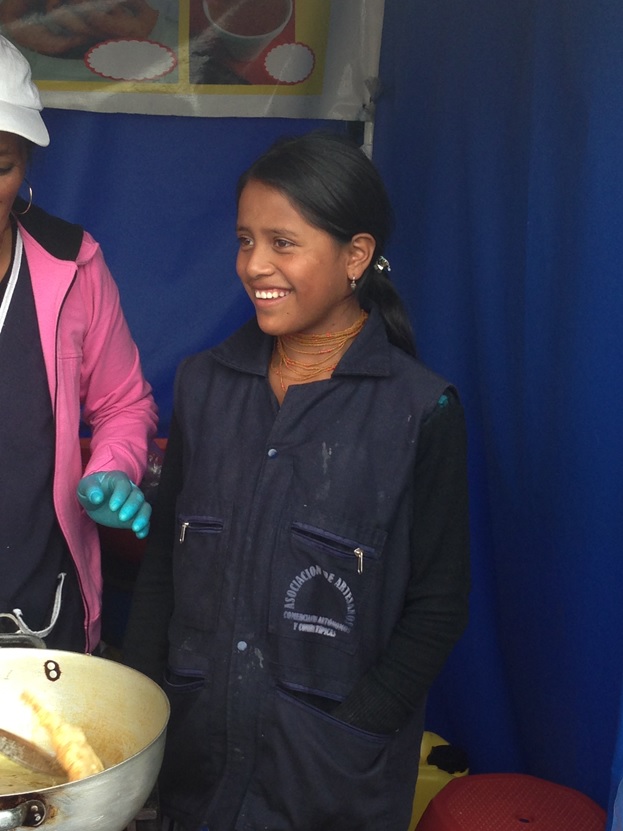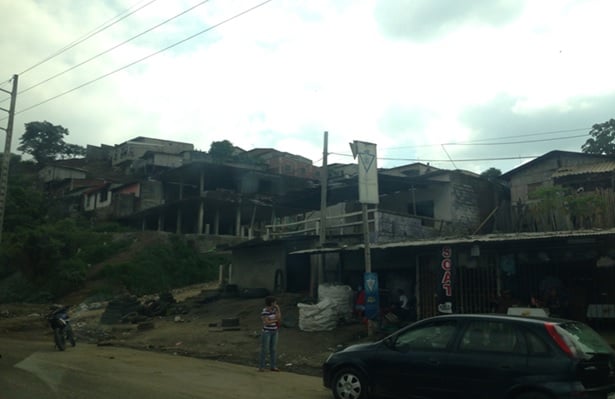This week I sacrificed valuable time in the office and with my family to be in Ecuador to study country conditions first hand. A great many of our clients originate from Ecuador. Although Ecuador has a rich and diverse history pre-dating the Aztecs and is steeped in culture and tradition, many parts of the country are burdened with a level of poverty that often leaves me with no words to describe the conditions under which these proud people survive. Poverty is what drives many Ecuadorians to risk their lives coming to the U.S.
In my article How to Present a Successful Non-LPR Cancellation of Removal Application When There Is No Obvious Hardship, 90 Interpreter Release. 1, 1-4 (2013), I discuss a strategy to successfully represent a client in a non-LPR cancellation of removal case when there is no obvious hardship. Cancellation of Removal may be granted if the applicant can demonstrate to the satisfaction of an Immigration Judge that (1) he or she has ten (10) years of continuous presence prior to the service of a Notice to Appear before an Immigration Judge; (2) good moral character that is established by the payments of taxes, (3) eligibility by not having a conviction that makes the person inadmissible or deportable from U.S., and (4) deportation would cause exceptional and extremely unusual hardship to a U.S. Citizen or Lawful Permanent Resident spouse, child or parent. In this article I discuss a 5 Factor test that compares the following factors with how they exists in the U.S. with how they exist in the client’s home country: Economy and what the client can expect to earn in their native country, the food that they can afford to buy their children and the malnutrition that would result if they were deported, housing and sanitation conditions, access and quality of medical care, and education.
This week, as I have done in years past, I have observed these conditions in Ecuador. I have interviewed members of the local population and accumulated anecdotal evidence about how people survive and cope under these conditions and the availability, or the lack thereof, of government services. In addition, I’ve interviewed local officials about the difficulty they have delivering services to rural areas.
My first hand observations bolster our Firm’s ability to effectively represent our clients when they face the threat of deportation. It is very powerful to go into Court armed with this first hand field experience so I can not only advocate but describe in my own words what I have seen and the prospects that await our clients and their families if they are deported. From our trip this week.


